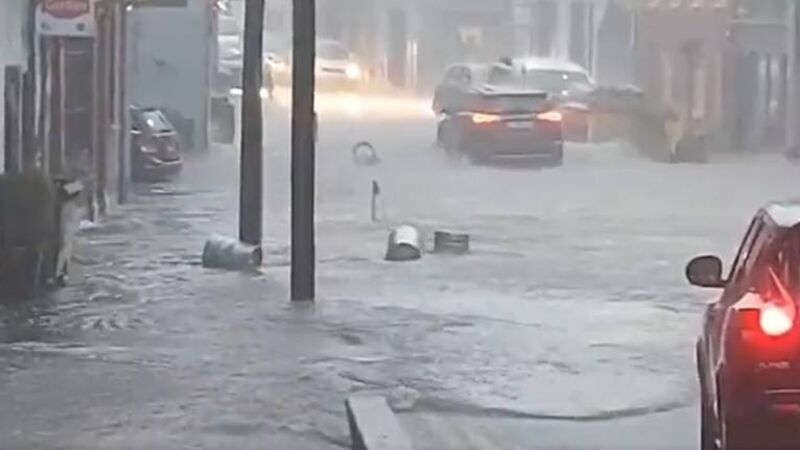Letters to the Editor: Spend €6bn surplus on tidal barriers for our cities

Flooding on Douglas Street, Cork. It may be time to begin a serious conversation about tidal barriers to try to repel rising seas as nearly all our cities are built on estuaries.








